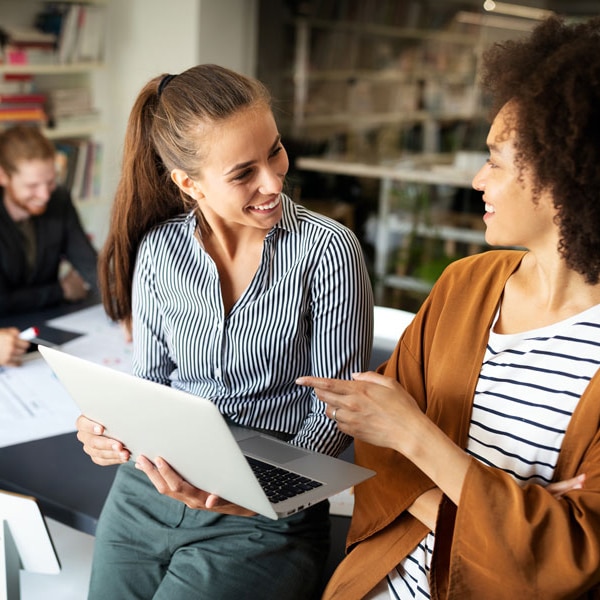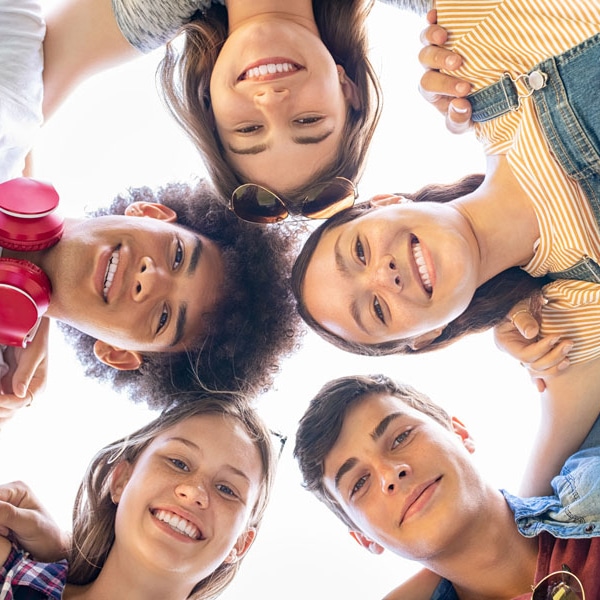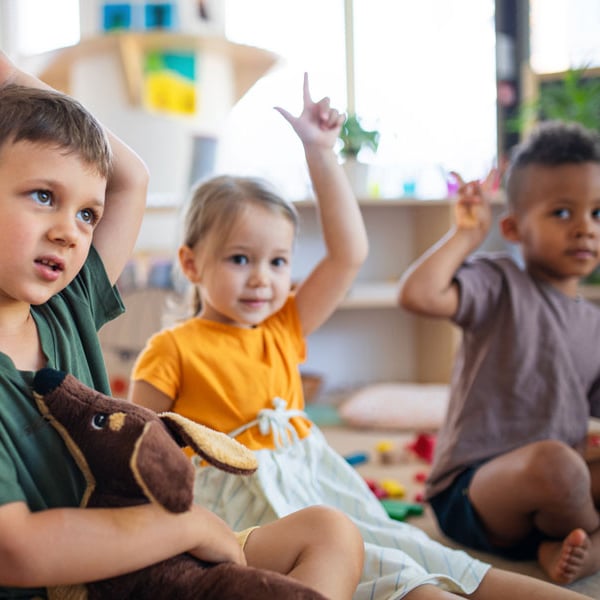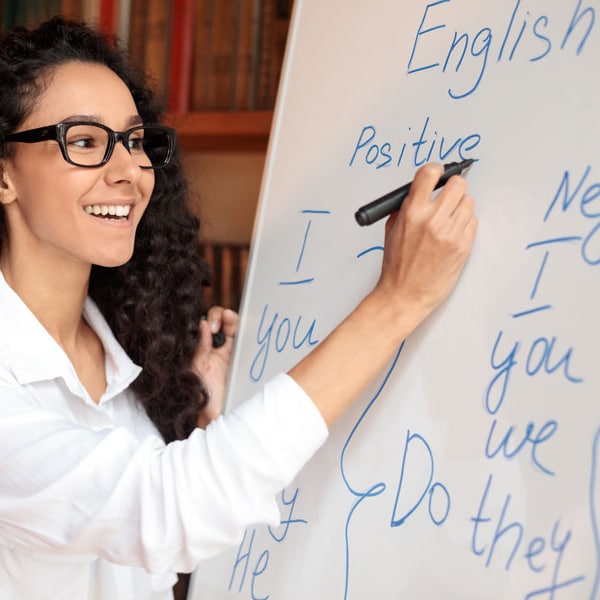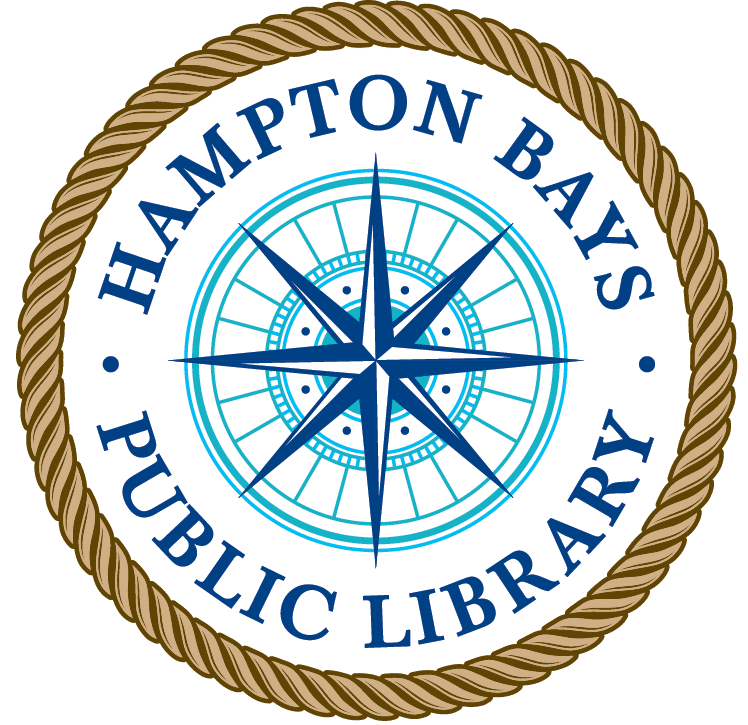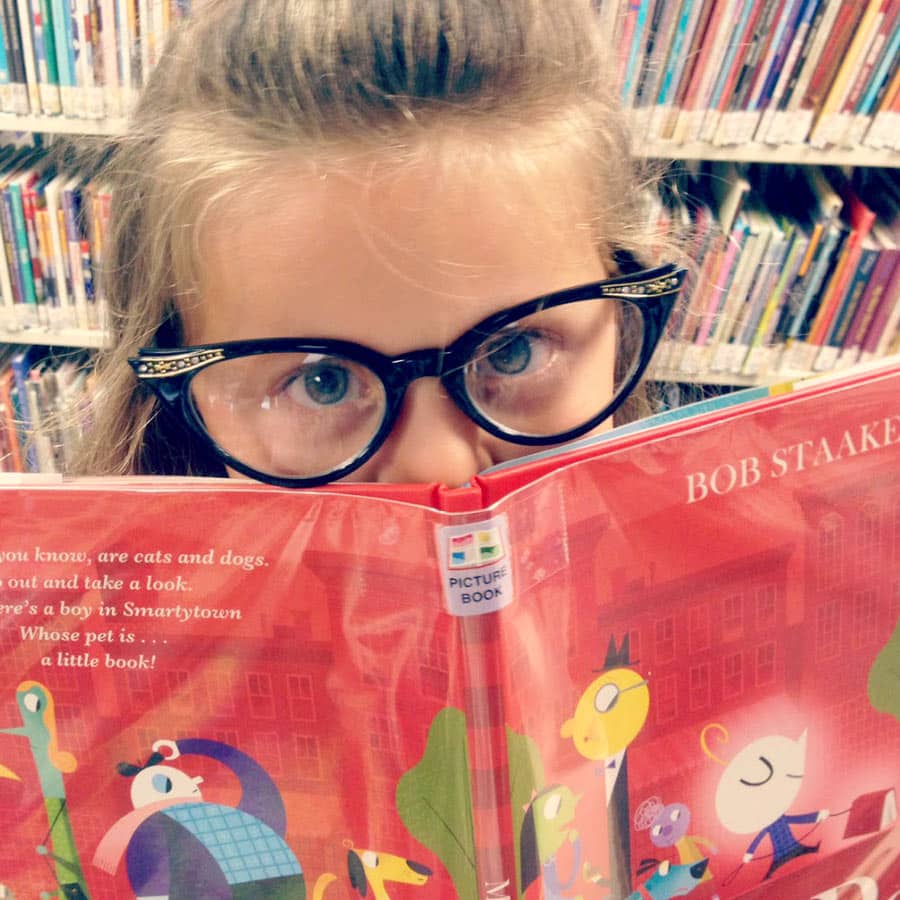
Early Literacy Importance
What’s the most important thing you can do – as your child’s first teacher – when it comes to Early Literacy?
Let’s begin with the term “early literacy”. What it is NOT:
- Early literacy does not mean early reading
- Nor does it aim to “teach” reading
We do not advocate the “teaching” of reading to very young children. Any purposeful instruction that has as its goal a toddler or young child successfully reading as an adult would do is certainly not developmentally appropriate. In fact the only thing this may be guaranteed to do is leave the child with a fear of failure and therefore a reluctance to read in the future. The only job of a young child is to discover their world and by “living in a literate society” (How Unschoolers Learn to Read, Sara McGrath) their early literacy skills will develop naturally and may also be encouraged with experiences you provide in daily life.
What Early Literacy IS:
- Early literacy is what a child knows about reading & writing before they can actually read & write.
- These skills develop in the first five years of life & your child’s early experiences with books & language will build a foundation on which they will learn to read. And when your child does learn to read keep in mind that literacy is more than the act of reading – literacy requires comprehension. A child needs to understand the words & sentences, this requires creative & critical thinking skills. Are you familiar with the best way a young child can develop, foster & encourage creative & critical thinking skills? Free play. Play is crucial in the psychological, intellectual & social development of young children.
- The interactions that young children have with literacy materials such as books, papers, crayons, ebooks, educational apps, music & with their parents, caregivers & family are the building blocks for language, reading & writing development.
The six skills of early literacy:
- Print motivation – enjoying books
- Vocabulary – knowing the names of things
- Narrative skills – being able to describe things & tell stories
- Phonological awareness – being able to hear & play with the smaller sounds in words
- Print awareness – noticing print & knowing how a book works (turning pages, etc)
- Letter knowledge – knowing letter names & sounds
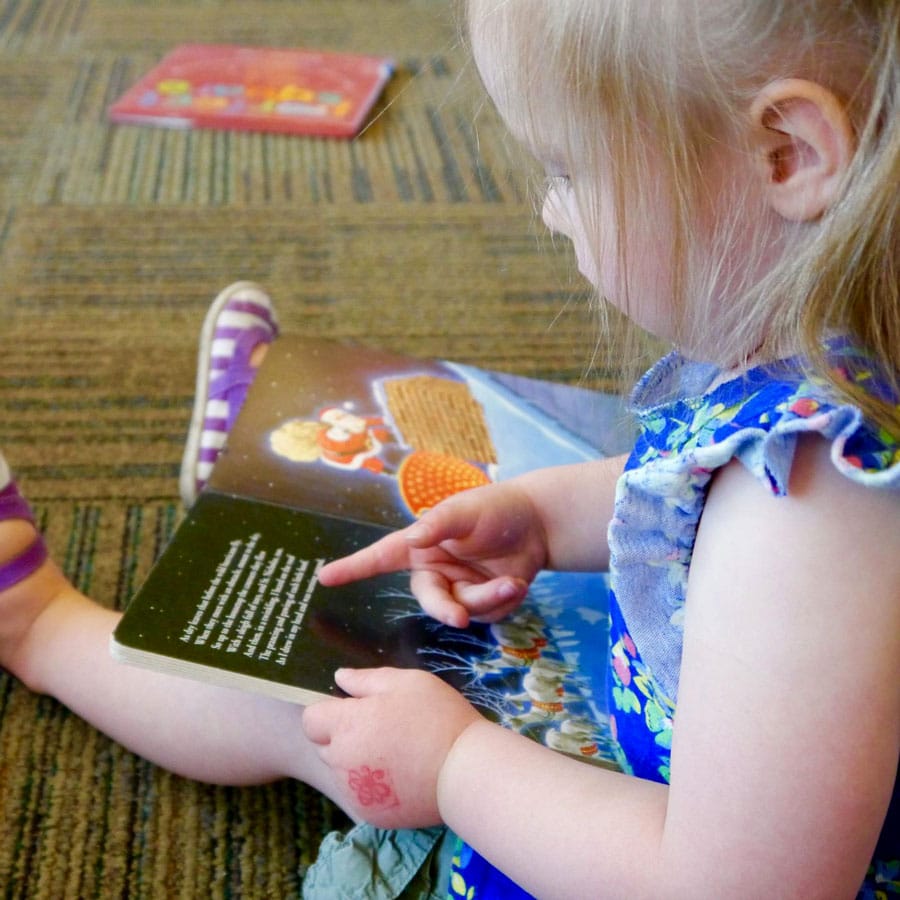
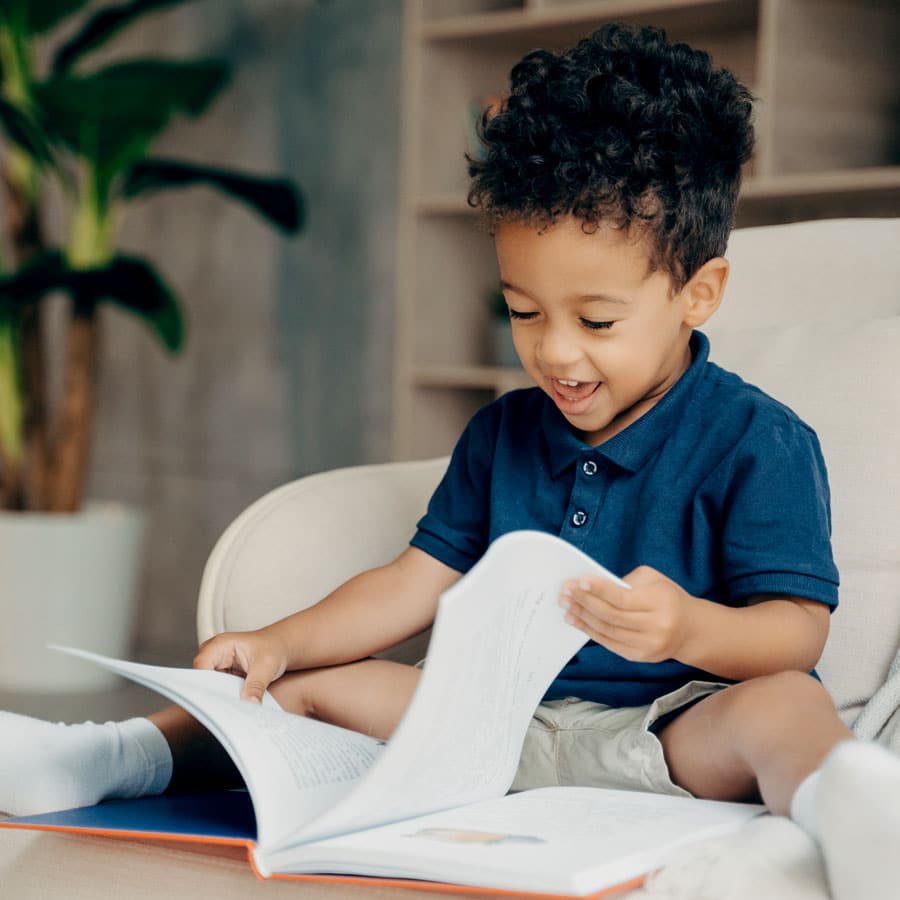
Early Literacy Behaviors
- Book handling behaviors – the physical manipulation & handling of books such as page turning or even chewing (that’s what board books are for!)
- Looking & recognizing – paying attention to & interacting with picture books
- Picture & story comprehension – understanding the events in a story
- Story-reading behaviors – imitation of reading a book or running fingers along with words
(many of this early literacy info was taken from www.zerotothree.org & https://multcolib.org/birthtosix)
What You Can Do:
- Read to your child! And have your child see you enjoying reading on your own. Make it an important part of ever day. You can even have your child help you make & decorate a special reading nook somewhere in your house – pile up favorite books there, make it comfy with pillows & blankets & even a chalk board or easel to create pictures of what you were reading about. In warm weather you can create a reading nook outside on your lawn or in your garden.
- When reading show the cover page & endpapers, read the story creatively, let your child turn the pages, point out the words, ask your child questions about the story & let them ask questions too!
- Sing it! Sing songs with your child, read rhymes & have fun with some creative movement like dance or yoga. For example, do some animal yoga poses & talk about what you are doing & ask your child questions about what certain animals would do.
- Take them places where they can have fun learning experiences. Take advantage of all the wonderful resources we have here out East that provide your child with the pleasure of discovery. For example, visit the Children’s Museum, SOFO, a local art studio, etc. & play! Talk about what you are doing & let your child ask questions about what you are doing.
- Create with your child! Follow up those discovery visits with questions & follow the natural flow of learning by looking things up in books or on the internet and making related projects at home.
- Ask us for help & great recommendations from our Parenting & Early Literacy Collections!
Your child’s early experiences and the way they experience books & language will build the foundation for success for when they learn to read. Your job as a parent, and their first teacher, is to provide interactive literacy-rich environments (inside & outside the home). These will be opportunities in which children will learn naturally & will develop early literacy skills.

